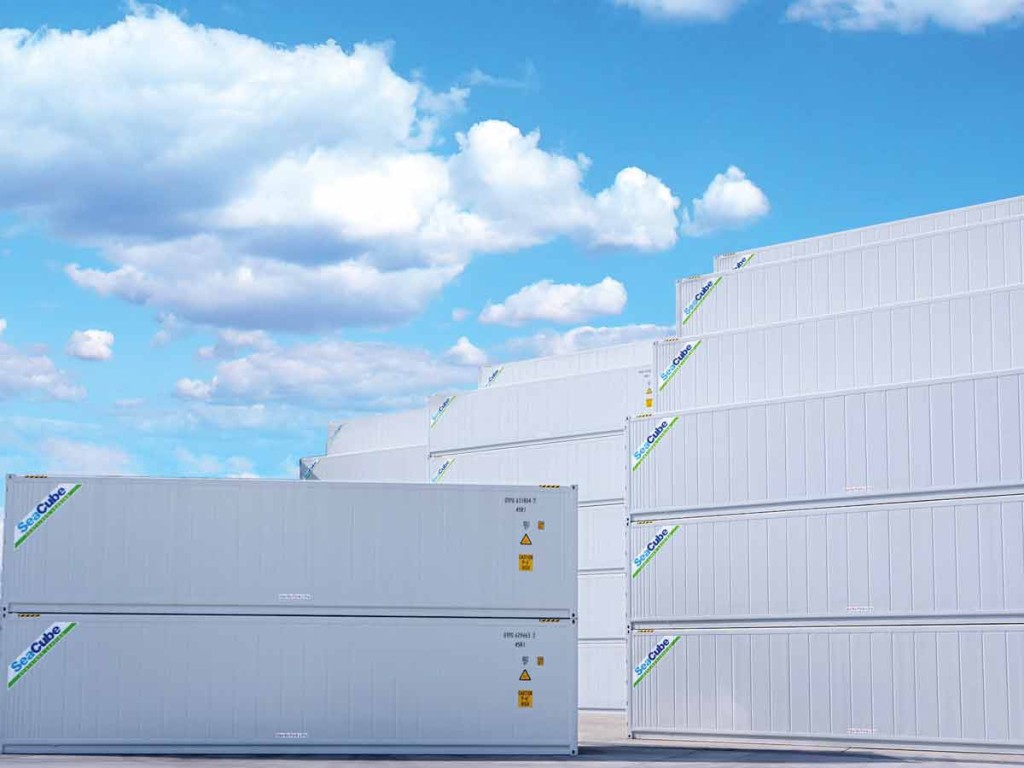Technology, decarbonization and sustainable engineering
As ocean carriers brace for rough seas in 2023, they will also pivot to a profit strategy that is linked to more reliable and stable trades. The reefer markets will be on the top of the agenda for all ocean carriers as they are acutely aware that these perishable trades will be the most resilient to the economic headwinds as we navigate through 2023. Reliability, predictability, and stability coupled with strong growth will continue to serve as the catalysts for focusing on the reefer market as their investment strategy centerpiece for the next several years. While the reefer market investments will have attractive dividends, three elements of this investment thesis will be paramount for ocean carriers. These three elements of any future reefer investment strategy will include:
- Technology
- Decarbonization
- Sustainable engineering underpinning
Technology Cornerstone for Reefer Market Strategy
Technology will be key to implementing a successful reefer strategy in 2023 and beyond. Ocean carriers will benefit from tools such as predictive analytics and pre-warning diagnostics, which not only reduce cargo outcome failures, but also play a role in achieving food waste mitigation goals, which are now a priority as we face food supply shortages around the globe.
With technology playing a more significant role in reefer market positioning, it will also be necessary for ocean carriers to measure decarbonization efficacy for ESG and decarbonization goal achievement. Ocean carriers will rely on newer reefer technology to ensure that accurate, real-time, data driven scorecards can be produced as more demands, and required audits, on decarbonization become a general operating procedure.
Technology will also have a strong impact on reaching decarbonization goals, which will be directly linked to operational efficiency. In addition, the ocean carriers will rely on technology to measure reefer emissions associated with overall ESG targets.

Decarbonization and Reefer Asset Efficiency Go Hand in Hand
Reefer container technology and decarbonization are symbiotic. The technology applications and algorithms used to measure reefer operating energy consumption will be the keys to ensuring ocean carriers have meaningful processes in place to meet 2030 and 2040 emission targets.
Although reefer container operating efficiency, refrigerant leakage, and emissions are key metrics that will be associated with vessel decarbonization compliance, end-to-end refrigerated container transport will also be a priority. End-to-end emissions efficiency is connected to the energy consumption that takes place when reefers are operating before being loaded to the vessel and after being discharged. The International Chamber of Shipping, a lobby group for shipowners controlling 80% of the global fleet, is calling for the maritime industry to reach “net zero carbon emissions” by 2050. This includes vessel operations when off and on the high seas. This is an ambitious goal and reefer operations, with the investment in technology, will be essential for ocean container operators to meet this overall proposed target.
Sustainable Engineering and End-to-End Emission Reductions will be a Priority
As ocean carriers continue to work toward reducing the environmental impact of their shipping operations, refrigerated container fleets are being reviewed as one area where sustainable solutions can make a difference. With most ocean carriers espousing commitments to stakeholders and customers in doing their part to make the world a better place, sustainable refrigerated container fleet investments will make a big impact on reducing global warming effects of their reefer fleet operations. Carbon Dioxide (CO2) as a refrigerant is gaining more popularity since this refrigerant has zero depleting characteristics with a global warming potential (GWP) of one. CO2 as a natural refrigerant, is the most environmentally sustainable alternative for refrigerated marine transport.
While sustainable and lower impact refrigerants are an important strategic initiative for meeting environmental goals, advancements in engineering are also taking a front row seat with carriers looking at future decarbonization considerations. For example, variable speed drives for compressors and two-speed evaporator fans offer energy demand efficiency, and advanced operating software can elevate even the most optimal operation linked to a green and efficient fleet.
Other technologies are also in the works, which will result in more sustainable reefer operations while not sacrificing refrigerated container transport efficacy. Magnetic refrigeration for example, while not ready for reefer container applications, has advanced; this is another option that offers significantly low power consumption rating and has zero dependence on a refrigerant gas.
Green Refrigeration Will Be Very Cool in the Future
With the heightened awareness of climate tipping points that are related to the Paris Climate Agreement, more attention will be focused on green refrigeration solutions in the future. The refrigerated container markets will continue to develop due, in part, to the continued expansion of outsourcing, which is necessary to ensure there is a world food supply balance. This priority tethered to investments in refrigerated container technology to offer low environmental impact solutions have the blended positive outcome of continuous market growth and sustainability.
While baseball season is still several months away, keep an eye out for the ocean carrier reefer triple play which will be more ubiquitous in the future.






